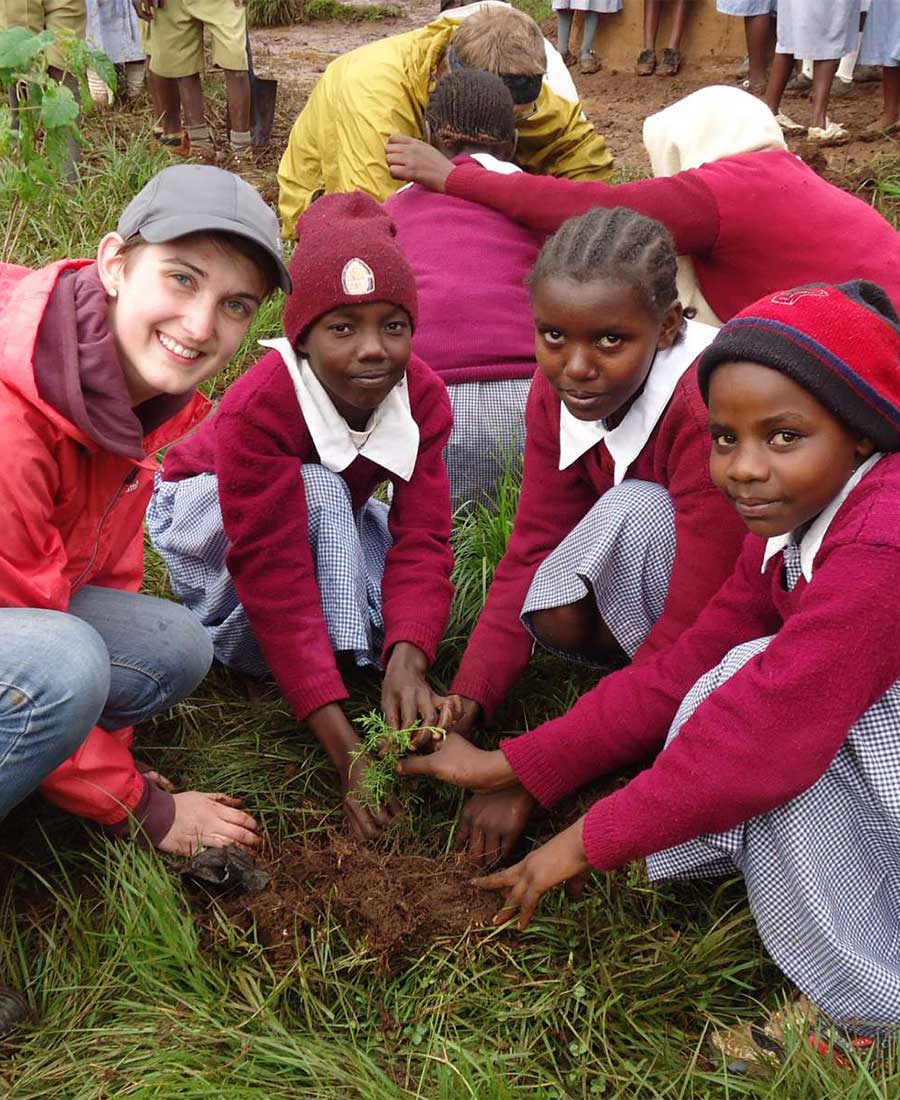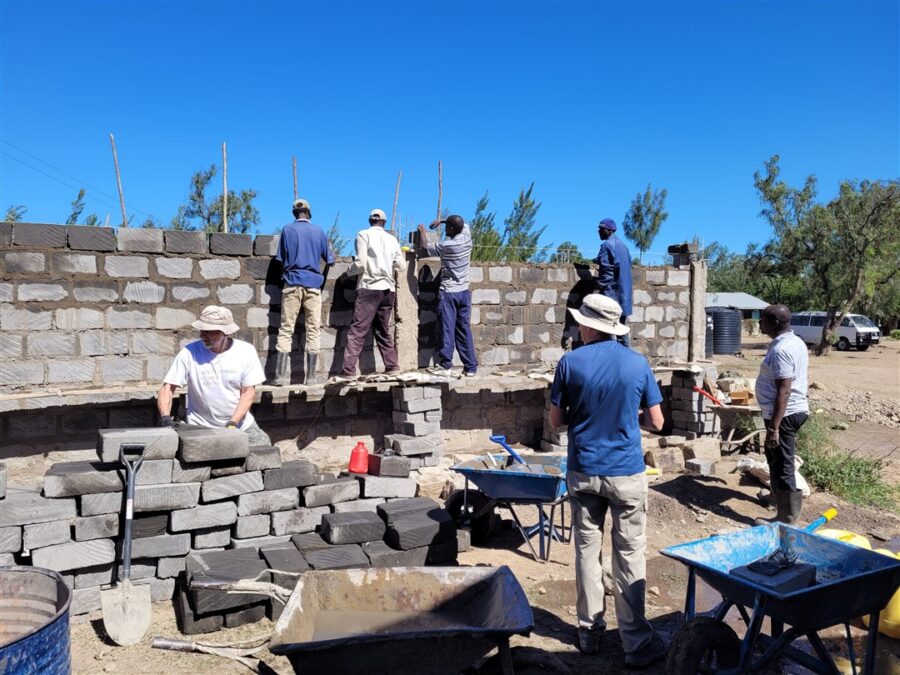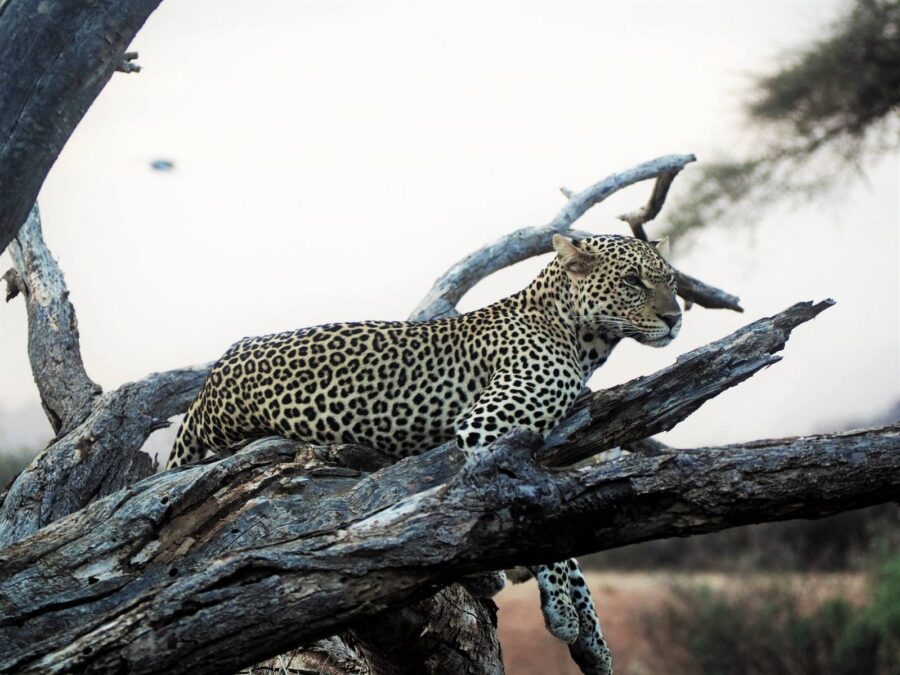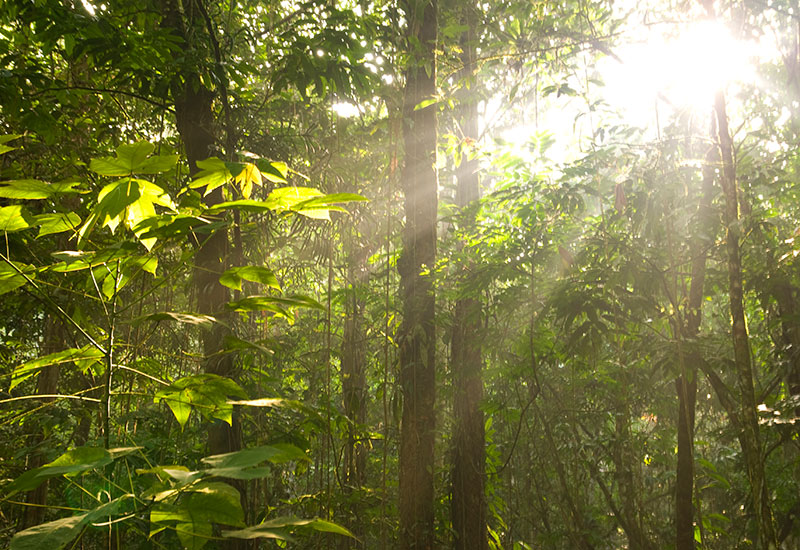
About the ProjectBuild a classroom in a rural school
This DWC project will enhance a school facility and create a positive learning environment essential for students. There is a focus on addressing water access through rainwater collection, latrine building, assisting with food programs, as well as repairing classroom walls, floors and roofs, adding blackboards, and contributing to general school improvements.
Children must walk long distances in a semi-arid, very dry environment to get to school where classrooms are made from old lumber with dirt floors. The children lack a feeding programs, and water is also an issue because there is limited access to rainwater harvesting systems. Latrines are often substandard, unsanitary and limited for the number of children attending the school. Your volunteer contribution will create a school with a healthy learning environment these children are proud to walk to.
Volunteers work alongside local tradesmen, parent volunteers and teachers doing manual labour. Moving materials and tools, digging, installing gutters, water tanks, pipes and fittings, mixing concrete by hand and using buckets and wheelbarrows to move sand, water and concrete are examples of the tasks the team assists with. It can involve some sweat, but everyone pulls together, inspired by the benefits the project will have for the community’s future.
In Kenya
- Agriculture supports 75 % of the Kenyan population
- Irrigation will support over 200 primary students ages 7-14
Volunteer to make a difference in rural KenyaA Typical Workday in Kenya
DWC’s Kenyan partner, ACCESS (Action Crew on Community Environment for Sustainable Services) Kenya, is a non-profit group based out of Naro Moru village at the base of Mount Kenya. This organization is focused on education and protecting the environment, as well as raising awareness of the problems that come with deforestation. ACCESS Kenya strives to safeguard water that is much needed for people and wildlife to survive. DWC volunteers will be immersed in the village culture, with many locals jumping to lend a helping hand.
In general, expect to work 6-8 hours per day. Volunteers usually wake up early, around 6:00 or 7:00 am for breakfast. After breakfast, the team is transported to the project site (usually by private bus) and the workday begins, usually somewhere between 8:00 and 9:00 AM. There will be lunch in the middle of the day, which is either provided by your workplace, host family, or purchased by you. Your workday will usually end around 4:00 pm.


It's Not All WorkVisit the Maasi Mara National Reserve on a Safari
Kenya is one of Africa’s greatest wildlife watching destinations, home as it is to the Big Five (African lion, African elephant, Cape buffalo, African leopard, and white/black rhinos). The Maasai Mara National Reserve is located in the Great Rift Valley, which stretches from Kenya, Malawi, Tanzania, and Mozambique. The huge expansive grasslands specked with flat topped acacia trees, conjure the spirit of adventure.
While you are here, trek Mount Kilimanjaro the awe-inspiring landmark of Tanzania. You don’t need to climb it to experience its full beauty and the captivating terrain that surrounds it. You can get a sneak peak of Kilimanjaro on a day trip that gives you the opportunity to scramble up the first leg of the famed Marangu Route.
Trip Details

Travel Light Offset Your Carbon Footprint
Carbon offsets are used to compensate for the greenhouse gasses that we create through certain activities, such as flying. For every tonne of carbon released into the atmosphere, an ‘offset’ is a carefully designed project that absorbs or stores the equivalent CO2 emissions. You can choose to offset your own flight, your whole family’s, or do this as a gift for a friend.
Offset Your Carbon Footprint
